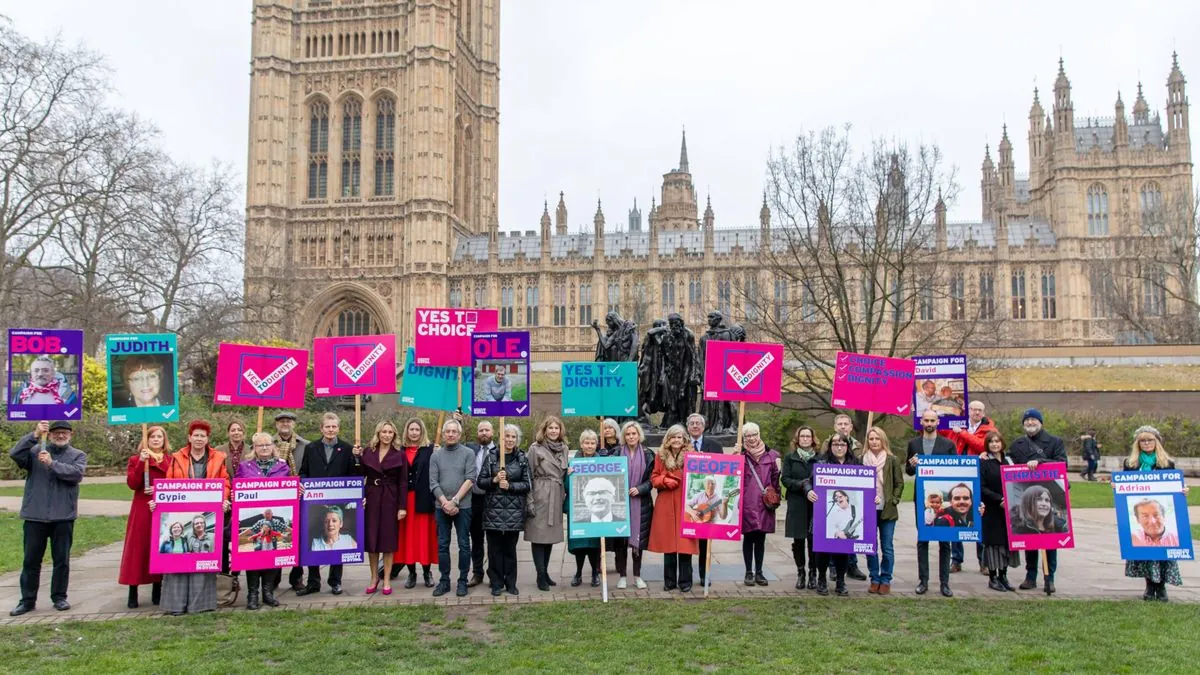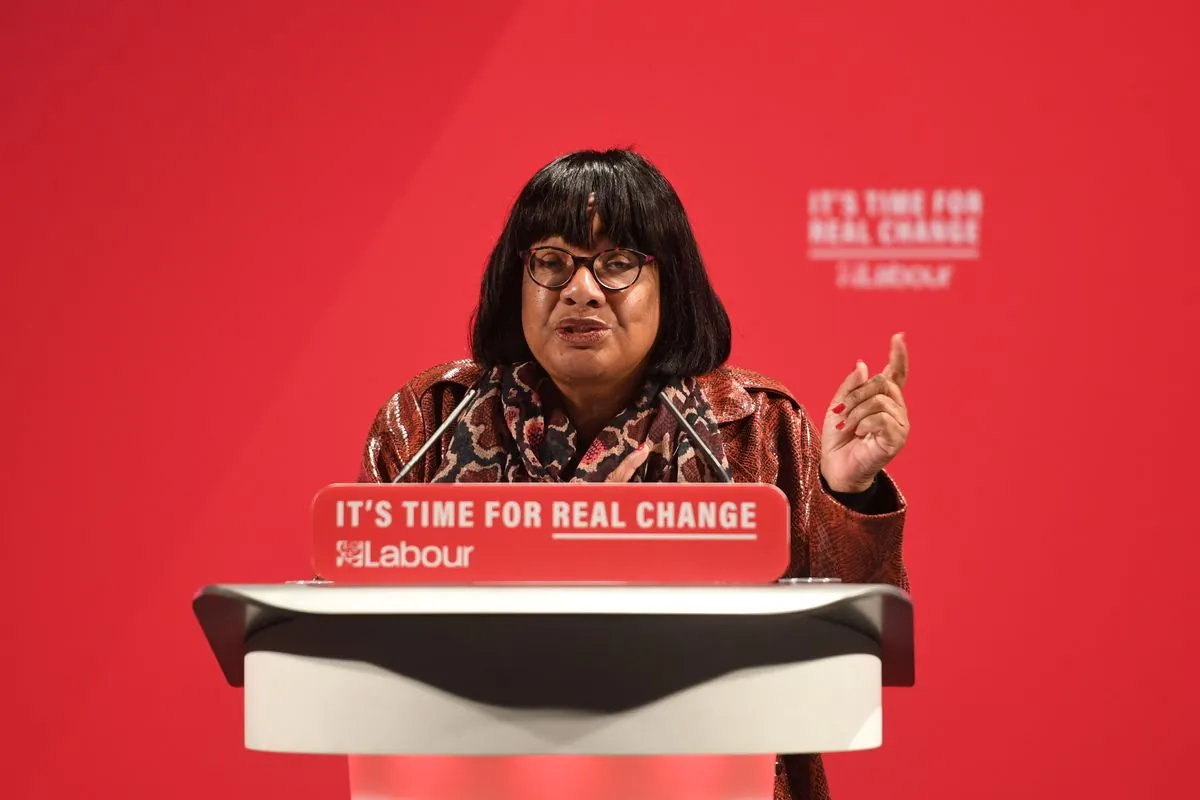UK MP Wins Ballot to Propose Assisted Dying Bill, Sparking Debate
Labour MP Jake Richards secures spot to introduce assisted dying legislation in UK Parliament. The move reignites discussions on end-of-life choices, with opposing views from various organizations.

In a significant development for the ongoing debate on assisted dying in the United Kingdom, Labour MP Jake Richards has secured a position in the Private Member's Bill ballot, potentially paving the way for new legislation on the controversial issue. Richards, representing Rother Valley, has expressed his intention to "reform our archaic assisted dying laws" as his primary focus for the bill.
The current legal landscape in England and Wales classifies assisting someone to end their life as a criminal offense. This stance dates back to the Suicide Act of 1961, which decriminalized suicide but maintained the illegality of assisted suicide. The UK's approach contrasts with several other countries that have legalized various forms of assisted dying over the past decades.
In the House of Lords, former Labour justice secretary Lord Falconer has already introduced the Assisted Dying for Terminally Ill Adults Bill, scheduled for debate in mid-November 2024. This parallel effort underscores the growing momentum behind the issue in British politics.
The debate surrounding assisted dying has gained increased attention globally. Switzerland was the first country to legalize the practice in 1942, followed by the Netherlands in 2002, which became the first nation to legalize both euthanasia and assisted suicide. Currently, ten U.S. states and Washington D.C. have legalized assisted dying, while countries like Canada, Australia, and New Zealand have also implemented various forms of legal assisted dying in recent years.

The potential legislation has elicited strong reactions from various organizations. Ross Hendry, chief executive of Christian Action, Research and Education, expressed opposition, stating that assisted suicide "undermines human dignity and puts vulnerable groups at greater risk of abuse and harm." Hendry emphasized the need for improved palliative care and suicide prevention efforts.
Conversely, Nathan Stilwell from the campaign group My Death, My Decision, welcomed the development, viewing it as "the first step in changing the law to give adults a compassionate and dignified choice at the end of their lives."
The issue of assisted dying intersects with complex ethical, medical, and legal considerations. The World Medical Association opposes euthanasia and physician-assisted suicide, reflecting the ongoing debate within the medical community. The Hippocratic Oath, traditionally taken by physicians, originally prohibited euthanasia, highlighting the longstanding ethical dilemmas surrounding end-of-life care.
Labour's success in securing 15 out of 20 Private Member's Bill spots in the recent ballot may increase the likelihood of the assisted dying bill being debated. Kim Leadbeater, Labour MP for Spen Valley, secured the first opportunity to table a draft law, while Max Wilkinson of the Liberal Democrats secured the second spot.
As the UK contemplates potential changes to its assisted dying laws, it joins a global conversation on end-of-life choices. The outcome of this legislative effort could have far-reaching implications for healthcare, ethics, and individual autonomy in the United Kingdom.


































